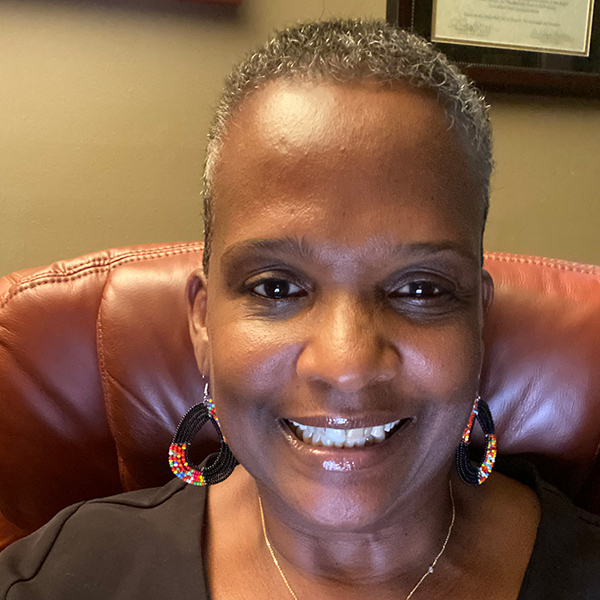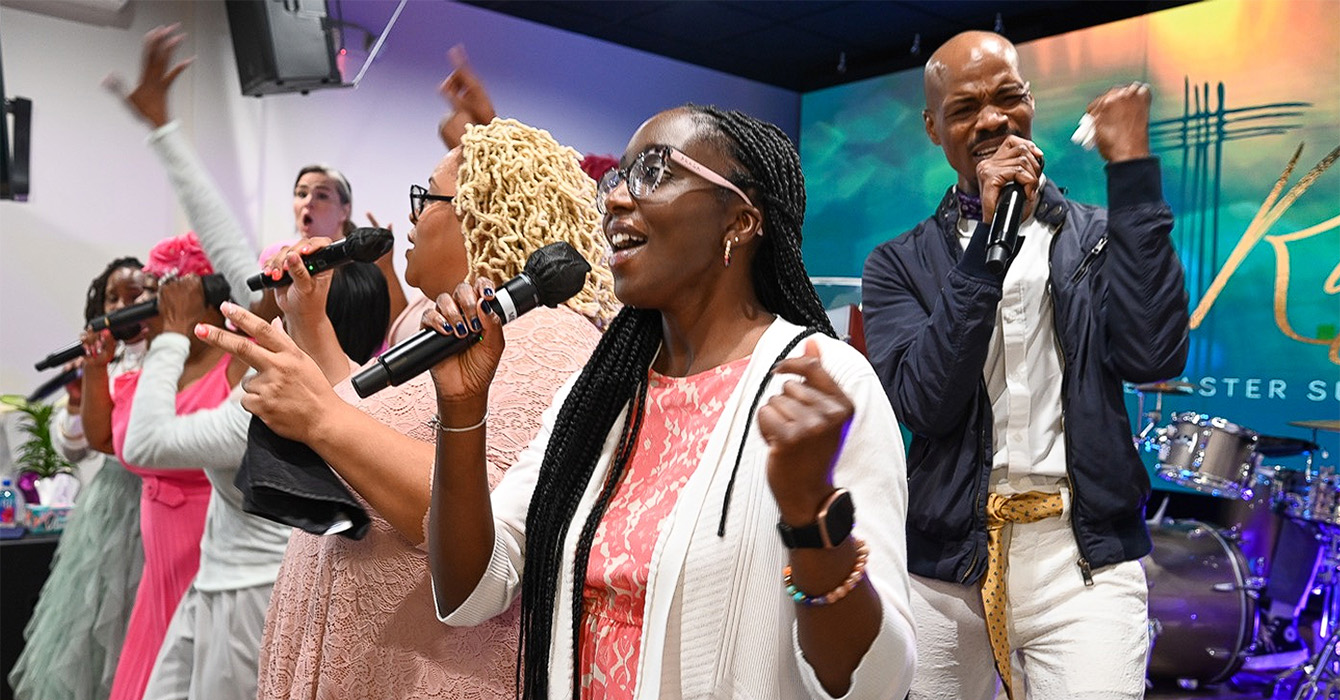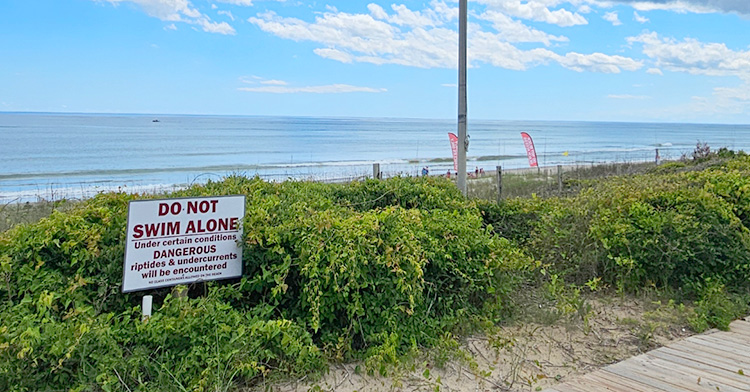Growth & renewal
Recently published
Tags
TagsJames Fawcett: Learning to be with others as God is with us
Being With, a 10-week course based on the theology of the Rev. Dr. Sam Wells, models the message it seeks to impart.
Composting the church offers flourishing in the shadow of decline
As with a garden, so with the church — the remnants at the end of one season enrich growth for new opportunities in the next, writes a Presbyterian pastor.
 Link to author McKenna Wallen
Link to author McKenna Wallen
Allen T. Stanton: What do small churches do well?
Small churches aren’t just waiting to grow or to die but are vibrant and healthy places with particular gifts, writes the author of “The Gift of Small.”
Five tips for churches considering property development
Churches are learning how to get started well with adaptive reuse and property development, writes the co-founder of a nonprofit that has worked with hundreds of churches.
Don’t miss the significance of congregational toads in your church’s ecosystem
If we pay attention, the presence or absence of certain indicators can help us assess the vitality of our faith communities, writes a director of grants for Leadership Education at Duke Divinity.
 Link to author Victoria Atkinson White
Link to author Victoria Atkinson White
Three historic Black churches come together to make a new congregation
When a fire destroyed a historic Philadelphia church building, the congregation merged with two others to form New River Presbyterian Church, dedicated to loving God and serving their neighborhood.
 Link to author Annette John-Hall
Link to author Annette John-Hall
Do not swim alone, and other lessons for the church
A warning sign on a North Carolina beach reminds us that navigating life without community can put people in dangerous situations.
 Link to author Aleta Payne
Link to author Aleta Payne
Could ‘hybrid shared ministry’ help struggling congregations survive?
A pastor shares his experience with a new model in which a larger congregation helps a smaller one by digitally sharing resources, sermons and other assets.
 Link to author A. Trevor Sutton
Link to author A. Trevor Sutton
Is church membership a privilege to enjoy or a responsibility to fulfill?
Church membership should not reflect the exclusivity that often comes with membership in our culture. Instead, it should embody the generous hospitality of God’s love.
 Link to author Chris Aho
Link to author Chris Aho
The church isn’t dying. It’s being remade
As the 1950s model declines, new ways of being the church are popping up all over, and gospel truths are now being found in new containers, writes a social entrepreneur.
 Link to author Shannon Hopkins
Link to author Shannon Hopkins











